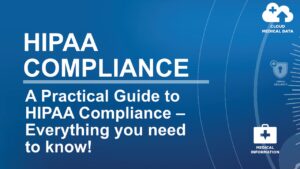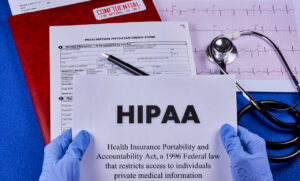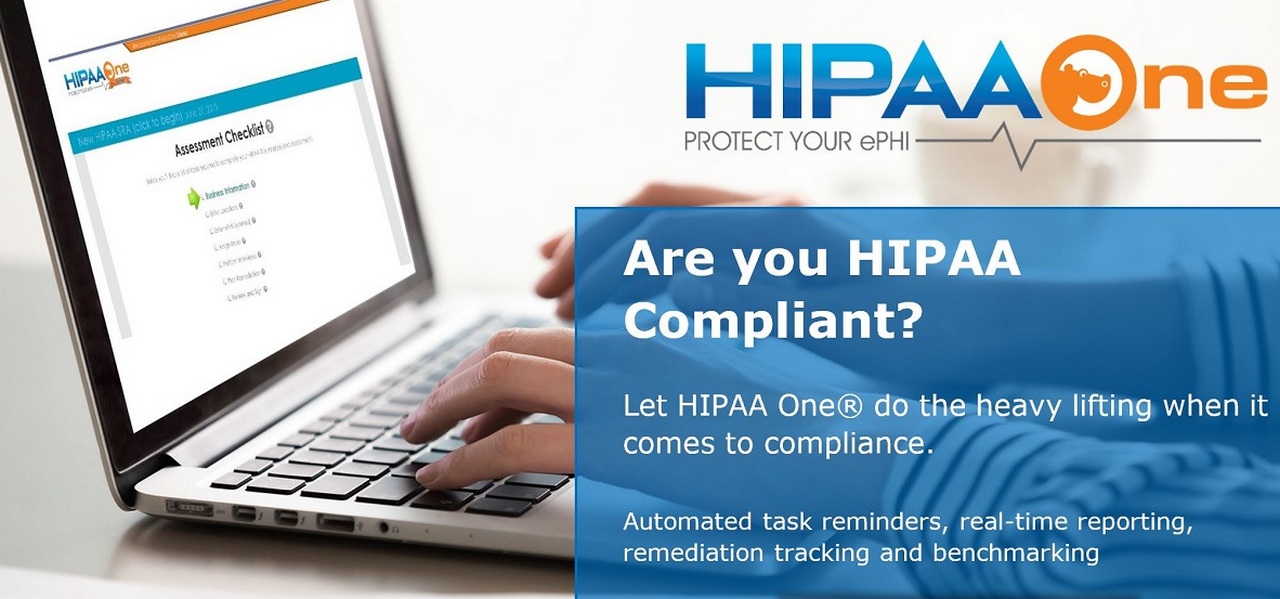HIPAA is an abbreviation for the “Health Insurance Portability and Accountability Act.” Its unique design was to defend individuals from losing their health care coverage on the off chance that they change occupations or have a previous medical issue. The Act has been extended over the years to help lessen the expense and authoritative weights of medical services exchanges and, most as of late, create guidelines and necessities to ensure individual health care, security, and data protection. We asked Park Medical Billing, a reliable medical billing company, to help us with understanding some HIPAA nuances and created this article that covers the Act’s security and privacy rules and how to know if a medical billing company is HIPAA compliant or not.
Benchmarks of HIPAA Compliance

Health Insurance Portability and Accountability Act’s security and privacy rules require medical services associations to embrace cycles and methodology to guarantee the most extensive level of patient discretion. As patients depend on you to keep their data protected and safe, it is logical. Personal health information or PHI is transmitted, created, and stored in numerous formats.
Through verbal discussions, composed archives over PC programming or equipment, and different structures all require security and privacy measures to be executed. PHI may remember anything for the patient’s records, for example, the patient’s name, email, social security number, date of birth, etc. It likewise contains other patient data such as lab results, clinical history, pictures, etc.
Disclosure of Confidential Information Under HIPAA

A covered medical billing company under Health Insurance Portability and Accountability Act may not utilize or unveil secured health care data except if a patient approves its divulgence recorded as a hard copy. Nonetheless, we may reveal secured data without an individual’s approval for any of the accompanying purposes or circumstances:
- To authorized individuals to whom the patient has given permission.
- For general healthcare operations, payment, or treatments.
- If the patient can agree or object to the required disclosure.
Also, all practices are needed to give patients notice of privacy practices (NPP). It is a benchmark practice to make a reasonable attempt to acquire a patient’s written confirmation of accepting the notification. The NPP should advise patients regarding PHI’s uses and divulgences that the training may make and characterize the patient’s entitlement to change their clinical data besides in specific conditions. People reserve the privilege to review and acquire a duplicate of their ensured healthcare data. You can also check your medical contract documentation at Contract Diagnostics.
Best Practices
Billing companies maintain Health Insurance Portability and Accountability Act practices, and when disclosure is necessary, they use the minimum information required to accomplish the purpose of the disclosure or request. A good medical billing company identifies each employee who needs access to Protected Health Information (PHI) to carry out their job. PHI is limited to a need-to-know basis for non-employees; you must restrict PHI to what is required to accomplish the work. Companies like Park Medical Billing also rely on ethics and their best judgment in deciding whether to disclose protected health information. The company implements technical, administrative, physical safeguards to ensure the medical information is received, stored, and transmitted safely and securely. This gives them the necessary structure to deal with complicated systems in this field and be fully HIPAA Compliant.


